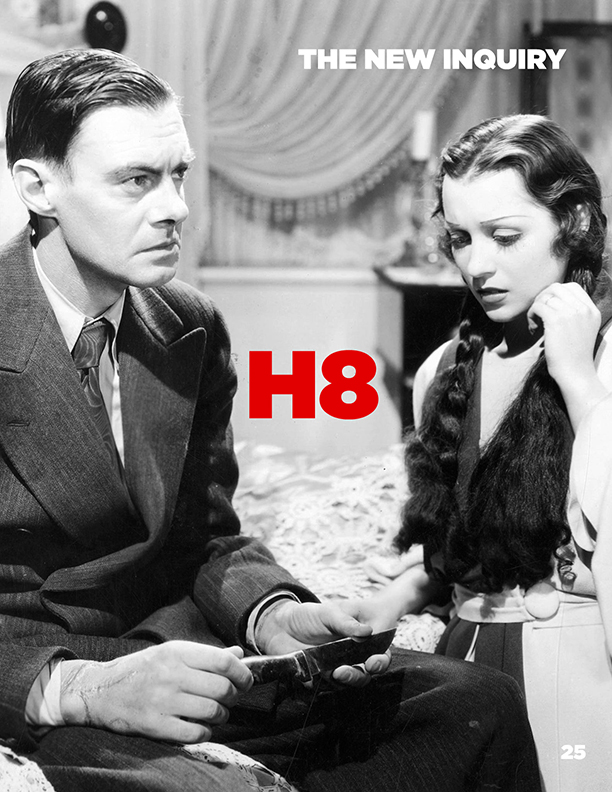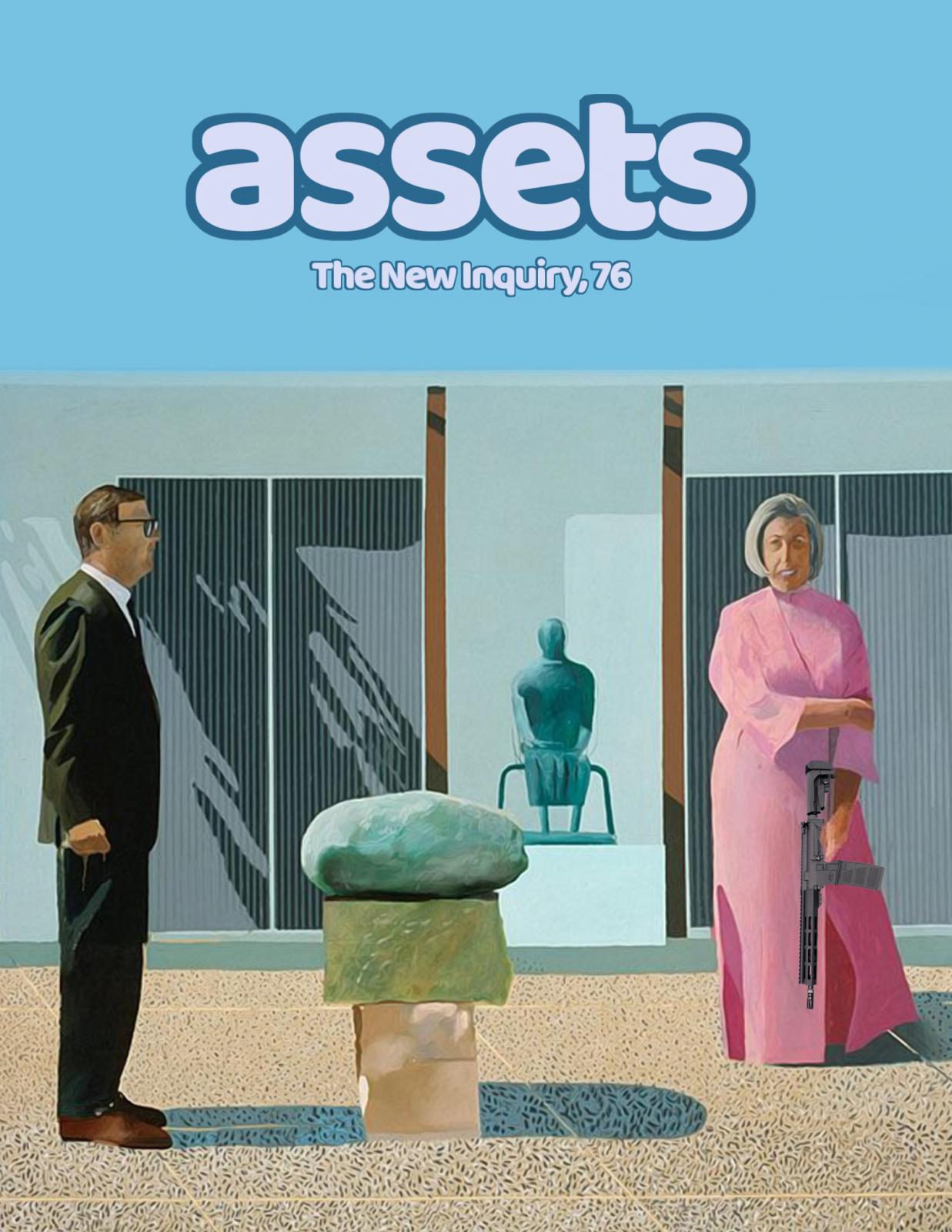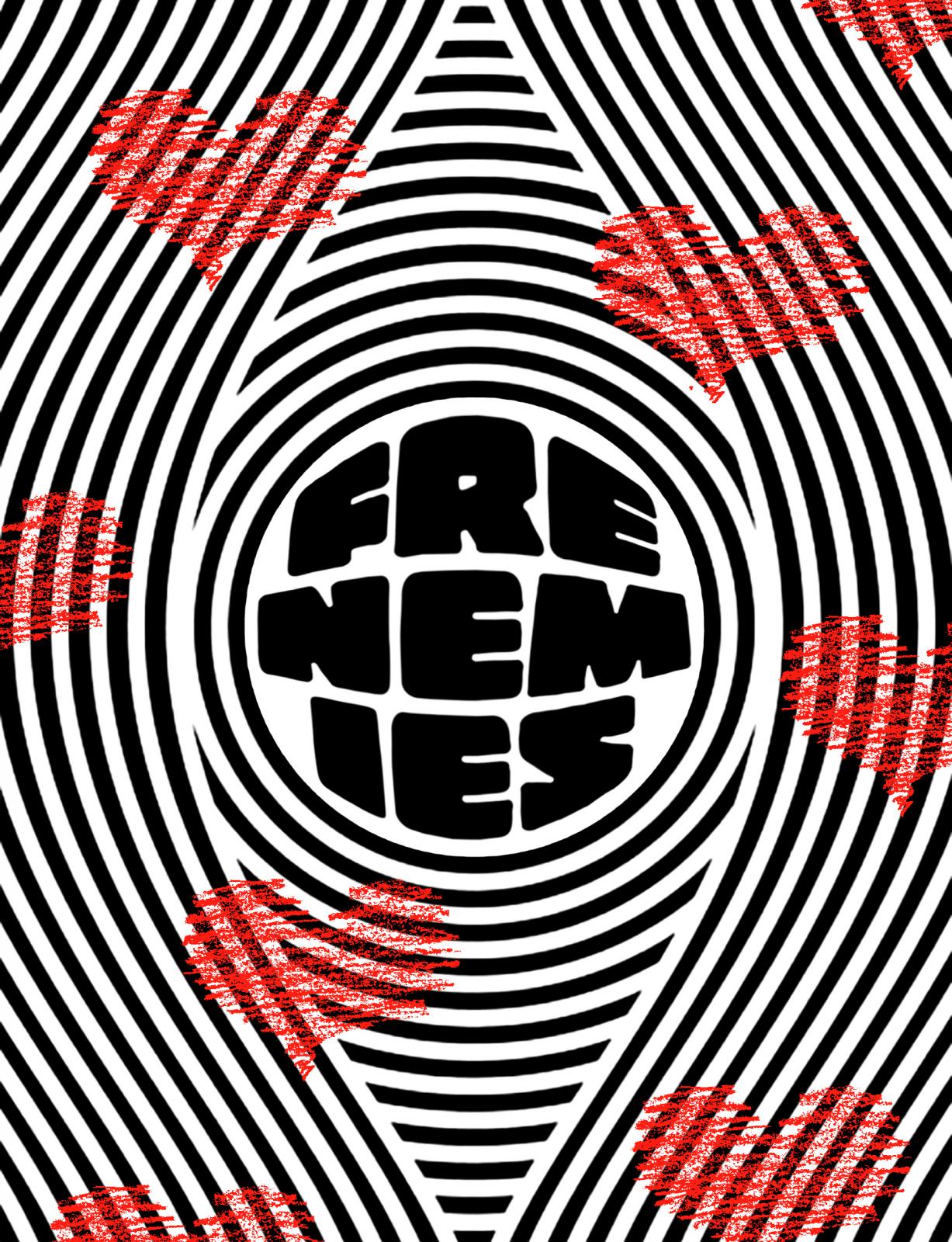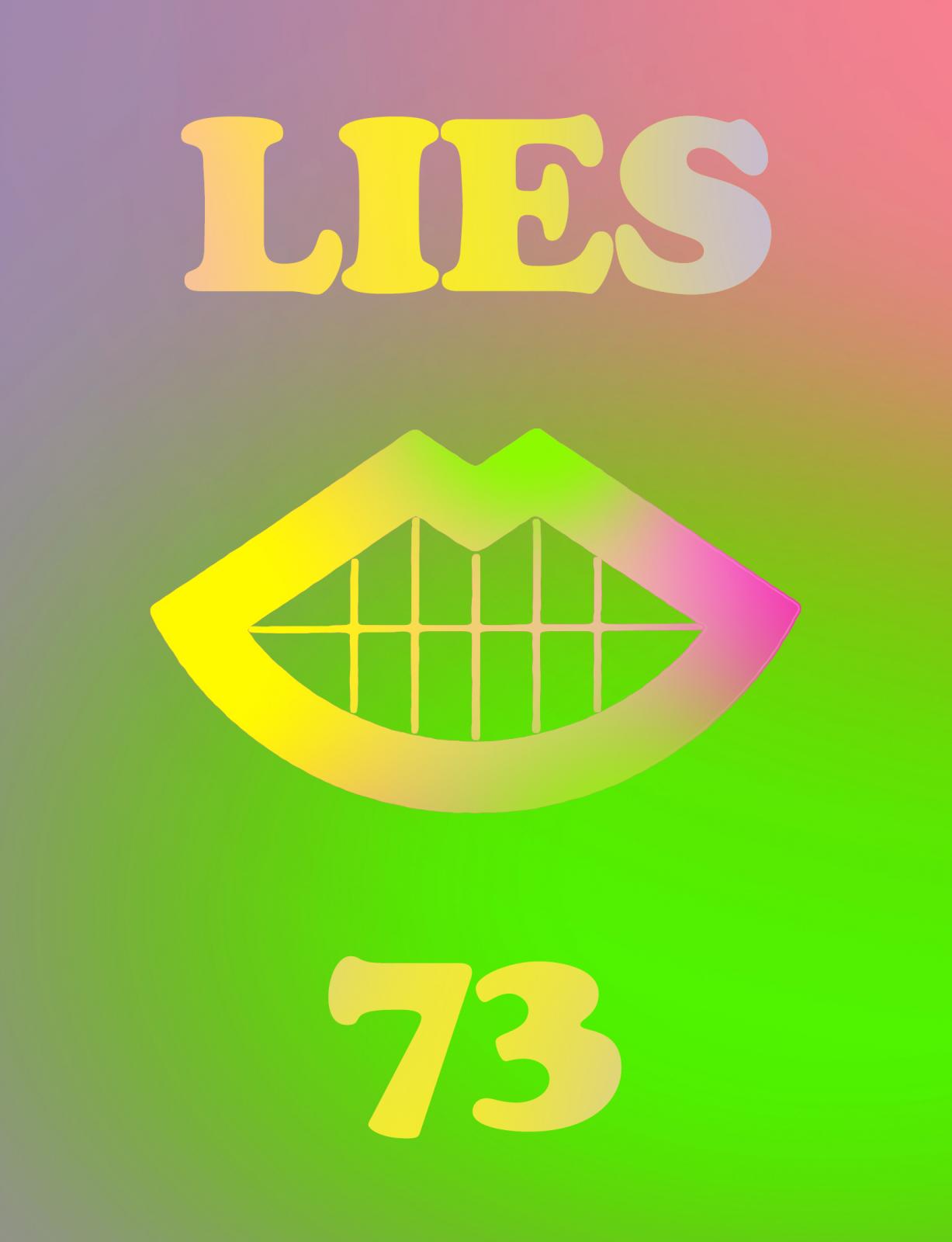H8
Editors' Note
“Those who hate you can’t win unless you hate them. And then you destroy yourself,” said not Martin Luther King Jr. or Gandhi but that gentle soul Richard Nixon. Since the death of God, hate has taken the place of sin as society’s transcendent no-no. Hatred of hate crosses political divides, deployed to justify the war on terror (“they hate our freedoms”) and to attack racist and homophobic violence. As with hipsters, few people cop to being haters. Yet visit almost any well-trafficked comment thread and haters outnumber the rest.
The Internet has revealed, perhaps enabled, spectacular hostility. Fame especially comes at a cost. It is particularly expensive for women, who are guaranteed misogynist hate mail upon achieving any online prominence. As trolls and cyberbullies emerge as society’s new bêtes noires, “Don’t read the comments” is necessary advice for the thin-skinned—which, it turns out, describes most of us. We’re good at dishing it, bad at taking it. Did the Internet merely remove a few technical boundaries formerly repressing some Hobbesian truth of human nature? Is hate, one answer to the failure of net democracy, built into its very architecture? Or are haters just gonna hate?
At the front lines of this war is the comment moderator. Predominantly female, these workers delete the most malicious comments before they reach readers’ eyes. In “Hate Sinks,” Jason Wilson demonstrates that the uncivil standards of Internet discourse depend on the labor of young women. Even online, women can’t escape their roles as affective pressure valves.
Of course, hate does its nasty work off the Web, too—especially in school, where kids notoriously learn how to be mean, if they learn anything at all. Being popular used to be a shield for a few. Yet yesterday’s clear pecking order has been replaced by a tangle of affiliations and subgroups, as Maxwell Neely-Cohen argues in “Everybody’s Doing It.” Now everyone is a bully and everyone is a target. Don’t blame peer pressure, which parents were always more worried about than kids; blame adults, screwing things up more seriously than ever. Interviewed here about her new book, Masterminds and Wingmen, writer and parenting educator Rosalind Wiseman has some ideas for improvement. Children and teens should be introduced to rather than protected from complexity, she says. They deserve to be treated with dignity rather than the usual condescension.
Not so the Nazis, the stock example of simpleminded hatred. Nazis haunt every conversation about hate crimes and racist violence. So why do they make such a poor showing in literary history? With “Consciously or Unconsciously,” JW McCormack takes on American white supremacy’s most famous novel, speculative-fiction epic The Turner Diaries. National Socialist fiction makes such poor propaganda not only because it’s written by talentless idiots who see society as their own private kampf. The disjunction between the genocidal goals of such über-haters and the humanizing nature of literature may stymie the fascists before they’ve even started.
And what of the banality that hate is not the opposite of love but rather its accomplice? For Mal Ahern and Moira Weigel, there’s something in the structure of love that keeps breeding all this animosity. “Dating in the Expanded Field” attempts to define just what we mean when we say dating, and why it keeps making us so dysfunctional. A brief history of courtship and a series of structural investigations reveal that the answer is “it’s complicated.” In a history of a different sort of romantic hatred, Adrian Van Young connects the dots between Death Metal and Lord Byron. Like Wagner, Wolves in the Throne Room is meant to be played as loudly as possible. Do the anti-Enlightenment aesthetic excesses of the Romantics find an echo in the anti-Christian nihilistic violence of Death Metal? “Black Metal Is Sublime” shows that the similarities between the two can be measured in more than decibels.
Ought we to join the chorus and condemn the condemners, despise the despisers? What good will it do? Censure has hardly dissuaded the trolls, let alone the white-supremacist parties gaining traction in European elections. Yet here, as in most things, it’s better to ignore Nixon than to follow him. To reduce hate to affective enemy No. 1 one is to blur the distinction between the bigoted grievance of the man who blames his failed business on immigrants and the righteous fury of the imprisoned toward her jailor. Not all hatreds were born equal. Some should be quashed; a few should be felt, with conviction. “I hate rarely,” said Anaïs Nin, “though when I hate, I hate murderously.” She was talking about penis sucking, Dutch paintings, parties, and cold weather. She was also talking about banks. It sharpens the senses to have an enemy. Hate well or not at all.
Featuring
-
Vol. 25 Editors' Note: H8
-
Slugs and Snails and Puppy Dog Tails
-
Hate Sinks
-
Dating in the Expanded Field
-
Black Metal Is Sublime
-
Everybody's Doing It
-
Consciously or Unconsciously
-
Kill the Philosopher in Your Head
-
Unsolicited Advice for Living in the End Times, Vol. 25





